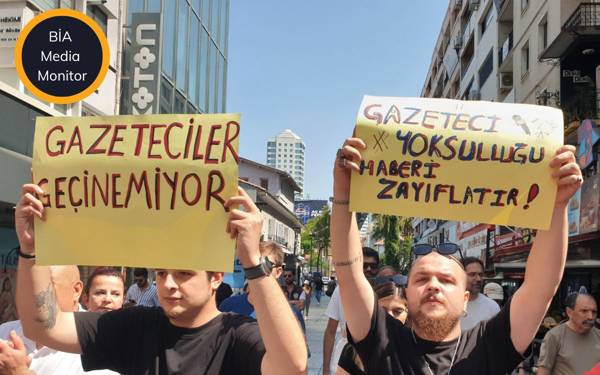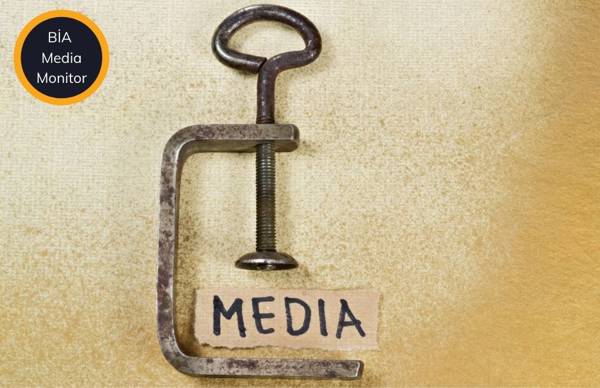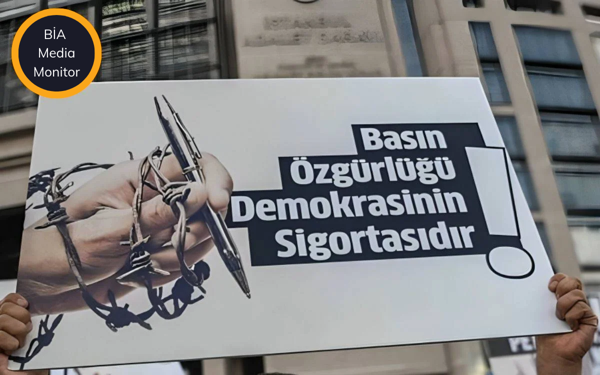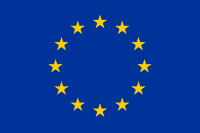Exploiting Genocide to Cut Turkey from EU
"With the passing of this law the French will come face to face with such a terrible debate that as a result they may re-discover Voltair. This will increase the support to 16 historians in France who see this bill as the intervention of politicians into the affairs of historians" Prof. Oran said.
French author and philosopher Francois-Marie Arouet de Voltaire's famous quote "I do not agree with what you have to say, but I'll defend to death your right to say it" is an international reference for the freedom to express supporters.
Speaking on the same issue, economist Mustafa Sonmez has said that French President Chirac's visit to Armenia and this bill being brought to the French agenda had no other meaning but "to constitute a form of salute for the Armenian lobby" and does not believe there will be any positive implications of it being passed.
"It will have very negative effects" he said. "Turkey could enter a serious era of instability. Investment in Turkey could end up in difficulties due to cold money and one could even talk of evasion".
The purpose is to exclude Turkey
Evaluating the bill for bianet, Prof. Oran and economist Sonmez share the common view that the purpose is to exclude Turkey from the European Union even if they see different reasons to this.
Oran says the bill reflects French fears of globalization that are not limited only to Turkey while Sonmez believes that if the bill is passed, Turkey's overall relationship with the EU will be affected.
The reactions of Oran and Sonmez come in the midst of warnings issued in Turkey from parliament, government, business and civilian community circles against the "Genocide Bill" in the wake of debate of a Turkish retaliation that includes an embargo of French products and more specifically, rejecting new contracts to French companies that have in the last year realized $10b worth of trade with the Turkey.
Despite a recent attempt by the ruling Peoples Movement Union (UMP) leader Nicolas Sarkozy's advisor Patrick Deveciyan to amend the bill to exclude historians and academics from its scope, economic and political consequences of the law if passed are expected to be maximum.
Sonmez believes that it is very difficult for Turkey to accept the bill being passed and said "Turkey must initiate this boycott and take measures such as not accepting them into public tenders". He added, however, that although it was known months in advance that the bill would be brought to the agenda, Turkey's response had been delayed and insufficient.
Noting that the bill has consequences far beyond French-Turkish relations, Sonmez said "the draft may serve to tense Turkey's EU relations and to derail them".
"If the draft is passed, it will mean Turkey has come to a new position, that Turkey-EU relations have reached a new corner" he said.
Pointing out that the EU and the IMF were two of the most important things for Turkey, Sonmez said that if this bill was added to a relationship that was already not going the way it should, "it will severely affect the EU project, putting it in a bottleneck. The concern of the business community should be viewed this way".
Oran: 16 French historians will win if bill is passed
Prof. Oran, on the other hand, says that with the approval of the genocide law, the bill that has so far been "a sword of Democles" over Turkey will have been lifted and that with the pursuant debate that would hit France, the country would return to Voltair by going back to the future.
"Globalization had killed Voltaire" Oran said. "By passing this law the French could re-discover Voltair. Then there will be more to join the 16 French historians that see this as an intervention into their work".
Oran argued that the Armenians and this issue were being used to exclude Turkey from EU and said globalization not only effected the economy but was a blow on national identity too.
He said that while Turkey itself was entering a period where non-Muslims were being regarded as citizens as part of a new national identity, the changes in the "geography of identity" were not limited to this country and raised reaction in country's such as France and Holland where the European Constitution was being rejected.
"The fear of globalization has spread everywhere" he said.
Oran pointed out that there was a contrasting situation in Turkey which was parallel to these noting that those who said a genocide had taken place were put in prison under 'racist article 301".
"Just as the French are using the Armenians to restrict the Turks" he said, "we are using the Armenians and restricting the freedom of expression. The reason is the same. It is the fear of globalization."
Oran stressed that fears fanned each other and said "enemies of the EU in Turkey and the enemies of Turkey in the EU are suckling each other, lactating each other. If you do not know the concept of hot, you cannot know the concept of cold".
Asked whether the bill could still play a positive role in the freedom of expression if passed, Oran said that in the short term relations would "go very bad" but that what was more important was what would happen in the medium term. "In any case, we will be living through hell until the elections" he concluded. (EO/II/YE)
BİA MEDIA MONITORING REPORT 2024
The government made journalists' lives a living hell in 2024

BİA MEDIA MONITORING/OCTOBER-NOVEMBER-DECEMBER 2024
Truth concealed through repression from all sides targeting journalists

BİA MEDIA MONITORING REPORT
Just silence the journalist, and I won't touch you!

BİA MEDIA MONITORING APRIL-MAY-JUNE 2024
Journalists are on the target and have no legal security anymore!

BİA MEDIA MONITORING REPORT
The era of 'judicial control' confinement and torture in journalism







